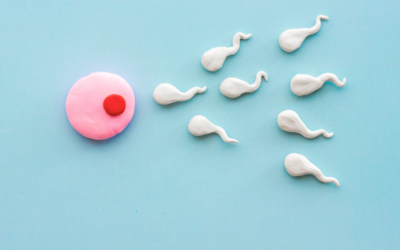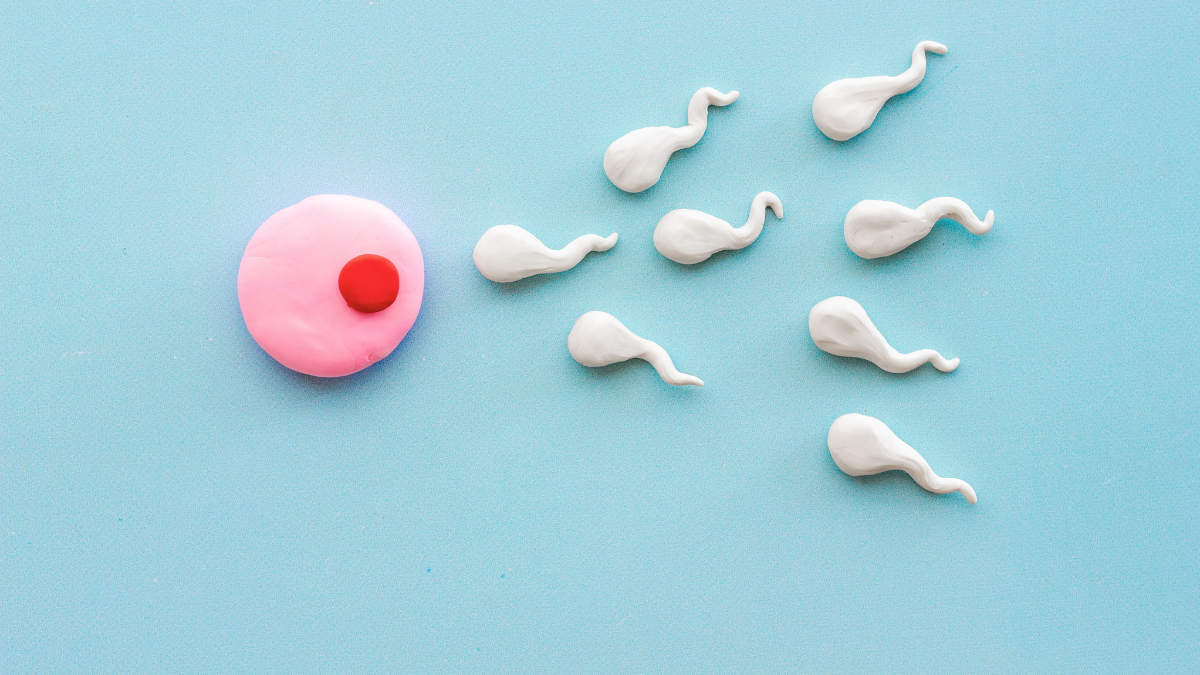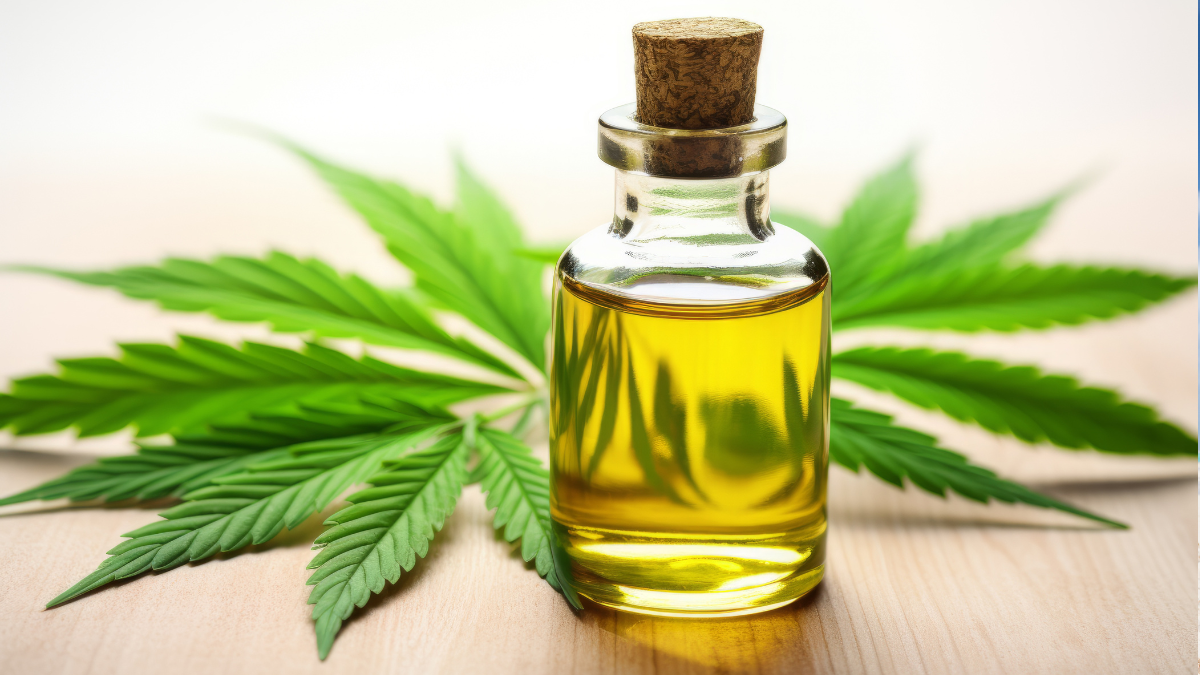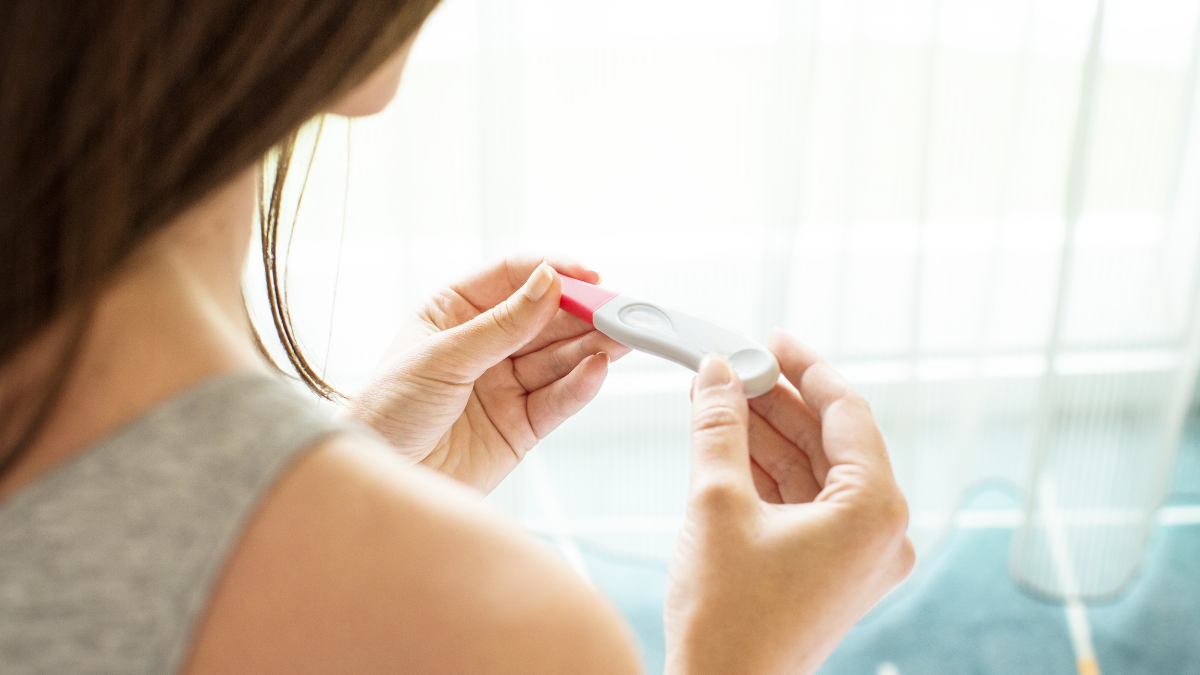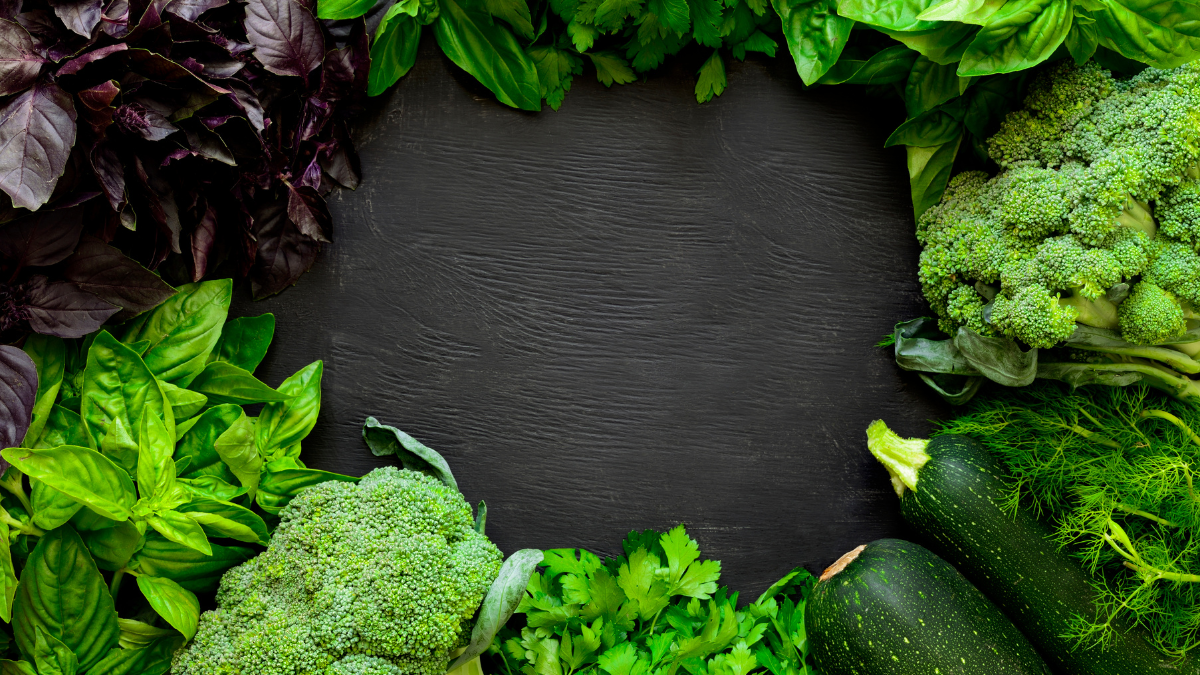Are you trying to conceive and searching for safe, natural ways to support your fertility? You’re not alone. For many women, the fertility journey can feel overwhelming, especially when faced with countless medications, hormone treatments, and complex medical terms. That’s exactly why more women today are turning to natural, traditional remedies — particularly herbs for fertility.
For thousands of years, women across the globe have relied on herbs for fertility to gently nourish their reproductive systems, balance hormones, and prepare their bodies for pregnancy. These natural plants, roots, and leaves have been passed down from generation to generation, known for their ability to regulate menstrual cycles, boost ovulation, reduce stress, and improve overall reproductive health.
Whether you’ve just started trying to conceive or have been on this journey for a while, learning about the right herbs for fertility may help you feel more empowered and in control of your body. What’s even more comforting? These herbs not only support your reproductive health but also nourish your entire system, from calming your nerves to improving your digestion and energy levels.
In this ultimate guide, we’ll explore everything you need to know about herbs for fertility, including:
- How they work to improve your chances of conception
- The top 10 herbs for fertility every woman should know
- Easy, safe ways to use these herbs daily
- Important precautions before starting herbal remedies
- Additional natural tips to complement your fertility journey
If you’ve been wondering, “Can herbs boost my fertility?” — get ready to discover time-tested answers, simple explanations, and plenty of helpful tips to support your path to motherhood naturally.
Let’s begin this beautiful journey together into the world of herbs for fertility.
Table of Contents
What Are Herbs for Fertility?
Herbs for fertility are natural plants and roots that support your reproductive system. Many of these herbs have been used for thousands of years in Ayurveda, Traditional Chinese Medicine, and Western herbalism.
They can help with:
- Balancing reproductive hormones like estrogen and progesterone
- Regulating ovulation and menstrual cycles
- Strengthening the uterus and reproductive organs
- Improving egg quality and overall fertility health
- Reducing stress, which plays a major role in conception
The beauty of herbs is that they often support multiple systems — they don’t just target fertility, but also digestion, mood, immunity, and energy.
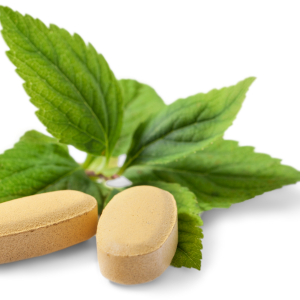
Benefits of Using Herbs for Fertility
Using herbs for fertility isn’t just an ancient tradition—it’s a gentle, natural way to support your body’s reproductive system. Whether you’re struggling with irregular periods, hormone imbalances, or simply looking for a natural fertility boost, these herbs offer amazing benefits. Here’s why many women trust herbs for fertility as part of their preconception journey:
1. Balance Hormones Naturally
Hormonal imbalance is one of the leading causes of fertility issues. Certain herbs for fertility help regulate key hormones like:
- Estrogen
- Progesterone
- Follicle-stimulating hormone (FSH)
- Luteinizing Hormone (LH)
By promoting natural hormonal balance, these herbs may help you ovulate regularly and maintain a healthy pregnancy.
2. Regulate Menstrual Cycles
Irregular cycles make it hard to predict ovulation. Many herbs for fertility help:
- Support consistent menstrual cycles
- Ease painful or heavy periods
- Encourage regular ovulation
This makes it easier to track ovulation and improve your chances of conceiving.
3. Improve Egg Quality and Ovulation
Some herbs for fertility may enhance egg health and follicle development, especially in women over 30 or with conditions like PCOS. Better egg quality can improve your chances of a healthy conception.
4. Strengthen the Uterus and Reproductive Organs
Herbs like Red Raspberry Leaf are known for their uterine-toning effects. They help:
- Prepare the uterus for implantation
- Build a stronger uterine lining
- Support uterine tissues, reducing miscarriage risk
5. Reduce Stress and Calm the Mind
Stress can disrupt ovulation and hormonal balance. Adaptogenic herbs for fertility, like Ashwagandha, help:
- Lower cortisol (stress hormone)
- Boost mood
- Promote restful sleep
- Support emotional well-being during your fertility journey
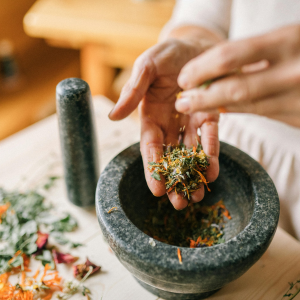
6. Support Detoxification and Blood Circulation
Some herbs for fertility assist your body’s detox processes and improve reproductive circulation. They help:
- Remove excess hormonal waste
- Support healthy ovaries and uterus
- Improve nutrient delivery to reproductive tissues
7. Boost Nutrient Levels Naturally
Many herbs for fertility are rich in essential nutrients like:
- Iron
- Magnesium
- Calcium
- B Vitamins
These nutrients are crucial for reproductive health and pregnancy preparation.
8. Complement Other Fertility Treatments
Certain herbs for fertility can work alongside fertility treatments (under expert guidance). Many women use them to:
- Improve IVF or IUI success
- Support recovery after fertility treatments
- Boost natural conception efforts
Top 10 Herbs for Fertility
If you’re searching for natural ways to support your fertility, these top 10 herbs for fertility can help nourish your reproductive system, balance hormones, and increase your chances of conception. Below is a detailed explanation of each herb, along with key points about their benefits and how they work.
1. Vitex (Chasteberry)
Vitex is one of the most popular herbs for fertility, widely known for its hormone-balancing effects.
- Helps regulate progesterone and supports the luteal phase
- Balances estrogen, FSH, and LH naturally
- Supports regular menstrual cycles and ovulation
- Commonly used for PMS, PCOS, and irregular cycles
- It may take 3 to 6 months for noticeable results
- Works well for women with low progesterone or luteal phase defects
2. Maca Root
Maca Root is an adaptogenic herb from Peru that supports fertility and overall energy.
- Nourishes the endocrine system for hormone production
- Boosts energy, stamina, and libido in both men and women
- Helps balance stress hormones, which affect fertility
- Rich in iron, magnesium, and amino acids essential for reproductive health
- Often recommended for women with adrenal fatigue or low libido
- Does not contain hormones but supports hormonal balance naturally
3. Red Raspberry Leaf
Red Raspberry Leaf is one of the best uterine tonics among herbs for fertility.
- Strengthens and tones the uterine muscles
- Rich in calcium, magnesium, and iron
- Helps build a healthy uterine lining for implantation
- Reduces menstrual cramps and supports menstrual regularity
- Prepares the body for pregnancy and supports a healthy womb
- Commonly consumed as a tea for its gentle yet effective benefits
4. Ashwagandha
Ashwagandha is a powerful adaptogen used widely in Ayurvedic medicine to support fertility and reduce stress.
- Lowers cortisol levels and helps manage stress, which affects ovulation
- Supports thyroid function and hormonal balance
- Enhances reproductive function by calming the nervous system
- Improves sleep, emotional wellness, and energy levels
- Beneficial for women with irregular cycles linked to anxiety or chronic stress
- Nourishes the adrenal glands and supports overall reproductive health
5. Tribulus Terrestris
Tribulus Terrestris is an excellent herb for fertility, especially for women who struggle with ovulation.
- Supports follicle development and stimulates ovulation naturally
- Increases FSH to improve ovarian function
- May regulate menstrual cycles and improve fertility outcomes in women with PCOS
- Enhances libido and reproductive vitality
- Best used during the follicular phase (before ovulation)
- Often combined with other fertility herbs for greater effectiveness
6. Dong Quai
Dong Quai, also called “female ginseng,” is a traditional Chinese herb for reproductive health.
- Increases blood circulation to the uterus and reproductive organs
- Supports healthy endometrial lining and menstrual regularity
- Rich in phytoestrogens to balance estrogen naturally
- Helps reduce menstrual cramps and improve overall cycle health
- Often used for women with scanty or irregular periods
- Not recommended during menstruation or pregnancy due to its strong uterine-stimulating properties
7. Nettle Leaf
Nettle Leaf is a deeply nourishing herb loaded with vitamins and minerals essential for fertility.
- High in iron, calcium, magnesium, and vitamins A, C, D, and K
- Builds nutrient reserves needed for a healthy pregnancy
- Supports the liver in detoxifying excess hormones
- Strengthens the kidneys and adrenal glands, which are linked to reproductive function
- Helpful for women with heavy periods or nutritional deficiencies
- Often consumed as a tea or infusion for gentle, daily nourishment

8. Shatavari
Shatavari is known as “the queen of herbs” for women’s reproductive health in Ayurveda.
- Balances hormones and supports female fertility naturally
- Nourishes the uterus and improves cervical mucus production
- Supports regular ovulation and menstrual cycles
- Enhances libido and emotional well-being during fertility challenges
- Contains phytoestrogens that support estrogen balance
- Often used in powder or capsule form to support long-term reproductive health
9. Cinnamon
Cinnamon is a common kitchen spice that also works as an effective herb for fertility, especially for women with PCOS.
- Improves insulin sensitivity and reduces insulin resistance
- Helps regulate blood sugar levels, which affects hormone balance
- Encourages healthy ovarian function and ovulation
- Contains anti-inflammatory properties that benefit reproductive health
- Supports menstrual regularity in women with PCOS
- Easy to add to daily meals or take as a supplement
10. Evening Primrose Oil
Evening Primrose Oil is a rich source of gamma-linolenic acid (GLA), a fatty acid that supports hormonal health.
- Improves cervical mucus, making it easier for sperm to travel to the egg
- Supports overall hormone production and balance
- Reduces PMS symptoms and breast tenderness
- Often taken during the first half of the menstrual cycle for fertility support
- Must be stopped after ovulation to prevent uterine contractions
- Commonly used as softgel supplements or liquid oil
Who Should Not Use Certain Herbs?
While herbs for fertility offer many benefits, they may not be suitable for everyone. It’s important to know if certain herbs could pose risks for your unique health situation.
Pregnant Women
Once you become pregnant, many herbs for fertility should be stopped, especially those that stimulate the uterus or affect hormone levels. Always consult your healthcare provider after conception.
Women with Hormone-Sensitive Conditions
If you have conditions like fibroids, endometriosis, or hormone-sensitive cancers, some herbs for fertility may worsen symptoms. Herbs that strongly affect estrogen and progesterone should be avoided without medical supervision.
Women on Fertility Medications
If you’re undergoing fertility treatments or taking hormone medications, herbs for fertility may interfere with your treatment plan. Combining herbs and medications without guidance can cause unwanted side effects or reduce effectiveness.
Women with Allergies or Autoimmune Disorders
Some women may have allergic reactions to certain herbs for fertility. Those with autoimmune conditions should also be cautious, as some herbs stimulate the immune system.
Women with Chronic Illnesses or on Medications
If you take medications for diabetes, high blood pressure, thyroid issues, or other chronic conditions, consult a healthcare provider before using herbs for fertility to avoid interactions.
Key Reminder
Always speak to your doctor, fertility specialist, or herbalist before starting herbs for fertility, especially if you have medical conditions or are on medications. Personalized guidance ensures safety and effectiveness.
How to Use Herbs for Fertility: Key Guidelines
Knowing how to properly use herbs for fertility is essential for safety and results. Here’s how you can start using these herbs effectively.
Start with One Herb at a Time
Introduce herbs for fertility gradually. Begin with one herb to see how your body responds before adding more.
Choose the Right Form
Herbs for fertility are available as teas, tinctures, capsules, or powders. Choose the form that suits your lifestyle and needs:
- Teas offer gentle, soothing effects.
- Tinctures are concentrated and work faster.
- Capsules provide convenient, consistent doses.
- Powders can be added to smoothies or foods.
Follow Correct Dosage
Stick to the recommended dosage on product labels or as advised by a herbalist. Taking too much can cause side effects or disrupt your hormone balance.
Be Patient and Consistent
Herbs for fertility work gradually. Most women need to use them for at least three menstrual cycles to notice improvements. Consistency is key to the best results.
Track Your Cycle and Symptoms
Monitor your menstrual cycle, ovulation, and overall well-being while using herbs for fertility. Tracking helps you identify what’s working and when adjustments are needed.
Avoid During Pregnancy (Unless Approved)
Stop using fertility-stimulating herbs after pregnancy confirmation unless your healthcare provider recommends otherwise.
Combine with Healthy Lifestyle Habits
Herbs for fertility work best when combined with:
- A balanced, nutrient-rich diet
- Regular physical activity
- Stress-reduction techniques like meditation or yoga
- Adequate sleep and hydration
Consult a Qualified Expert
For personalized advice, work with a certified herbalist, fertility coach, or healthcare provider. They can recommend the best herbs for fertility based on your unique needs.
Key Tips for Using Herbs for Fertility
- Start with one herb at a time and track how your body responds
- Be patient and consistent; herbs for fertility usually take a few months to show full effects
- Follow proper dosage instructions or consult a herbalist for personalized guidance
- Stop using fertility herbs after pregnancy confirmation, unless advised otherwise
- Combine with a healthy diet, regular exercise, and stress-reduction techniques for the best results
Frequently Asked Questions
What herbs are good for getting pregnant?
Several herbs for fertility can help support your body’s natural reproductive processes. The most popular options include:
- Vitex (Chasteberry) to balance hormones and regulate cycles
- Maca Root to boost energy and support the endocrine system
- Red Raspberry Leaf to strengthen the uterus
- Ashwagandha to reduce stress and balance cortisol
- Shatavari to nourish reproductive organs and improve cervical mucus
Always consult an expert before starting herbs for fertility to ensure safety and effectiveness.
How do I boost my fertility naturally?
You can naturally boost fertility by combining these healthy habits:
- Use herbs for fertility like Vitex, Maca, or Red Raspberry Leaf
- Eat a nutrient-dense diet rich in leafy greens, whole grains, seeds, and healthy fats
- Maintain a healthy weight and active lifestyle
- Reduce stress through yoga, meditation, or breathing exercises
- Get enough sleep and stay well-hydrated
- Track ovulation to maximize your fertile window
Which spice is best for fertility?
Cinnamon is one of the best spices for fertility, especially for women with PCOS. It helps regulate insulin levels, promote healthy ovulation, and improve cycle regularity naturally.
What can a woman drink to conceive fast?
Some drinks that may help boost fertility include:
- Red Raspberry Leaf tea to strengthen the uterus
- Nettle Leaf tea for reproductive nourishment
- Maca Root smoothies for hormonal balance
- Warm lemon water to support gentle detoxification
Always avoid herbs that are too stimulating without professional guidance.
How to improve egg quality in 30 days?
To improve egg quality within 30 days:
- Take CoQ10 supplements (after doctor approval)
- Use herbs for fertility, such as Maca Root or Shatavari, for ovarian support
- Eat antioxidant-rich foods like berries, spinach, and nuts
- Stay hydrated and get at least 7-8 hours of sleep
- Limit processed foods, caffeine, and alcohol
- Reduce stress through meditation or light exercise
Which morning drink is best for conceiving?
Warm lemon water or Nettle Leaf tea in the morning can gently detoxify your body and nourish reproductive health. Maca Root smoothies are also excellent for hormonal support and energy.
Which tea is best for conceiving?
The most popular teas for fertility include:
- Red Raspberry Leaf tea for uterine toning
- Nettle Leaf tea for mineral support
- Peppermint tea to ease digestion and reduce bloating
- Green tea (in moderation) for antioxidants
Always use fertility teas during pre-ovulation unless otherwise advised.
Is Ashwagandha good for fertility?
Yes, Ashwagandha is one of the most effective herbs for fertility. It helps lower cortisol (stress hormone), balance thyroid function, regulate menstrual cycles, and improve overall reproductive health. It also supports emotional wellness during the fertility journey.
What herbs balance hormones?
Some of the best hormone-balancing herbs for fertility include:
- Vitex (Chasteberry) for progesterone and luteinizing hormone support
- Maca Root for adrenal and endocrine health
- Shatavari for estrogen balance and reproductive nourishment
- Ashwagandha for stress-related hormone imbalances
Each herb works differently, so personalized advice is best.
Which fruit is best for fertility?
Berries, especially blueberries and strawberries, are excellent for fertility due to their high antioxidant content. Avocados, rich in healthy fats and vitamin E, also support hormonal health and egg quality.
How do I make sure my sperm stays inside?
After intercourse, lying down for 15 to 20 minutes may help sperm travel toward the egg. Propping your hips slightly with a pillow can assist, though this is not medically guaranteed. Relaxing afterward can also help.
Which tablet is best for female fertility?
Common fertility-supporting supplements include:
- Prenatal vitamins with folic acid
- CoQ10 for egg quality
- Myo-Inositol for PCOS support
- Vitamin D for hormone balance
Always consult your doctor before starting any fertility supplement.
How to conceive fast?
To improve your chances of conceiving quickly:
- Track ovulation using fertility apps or ovulation kits
- Have intercourse during the fertile window
- Maintain a healthy lifestyle and reduce stress
- Use herbs for fertility such as Vitex, Maca, or Shatavari
- Support hormonal balance with fertility-friendly foods and supplements
Which vitamins boost fertility?
Key vitamins for fertility include:
- Folic Acid (Vitamin B9) for early pregnancy support
- Vitamin D for hormone regulation
- Vitamin E for reproductive health
- Vitamin C for antioxidant protection
- Omega-3 fatty acids for hormone production
A well-rounded prenatal vitamin usually covers these nutrients.
How to check if your uterus is healthy at home?
While only medical tests can fully assess uterine health, some signs of a healthy uterus include:
- Regular, pain-free menstrual cycles
- Normal menstrual flow (neither too light nor too heavy)
- No unusual pelvic pain or spotting
- Predictable ovulation patterns
For detailed evaluation, consult a gynecologist or fertility specialist.
What foods clean your uterus?
Certain foods naturally support uterine cleansing, such as:
- Leafy greens like spinach and kale
- Beets for liver and blood health
- Lemons for detoxification
- Garlic for reducing inflammation
- Berries for antioxidant support
Herbs like Nettle and Red Raspberry Leaf also gently cleanse and nourish the uterus.
What infection can stop a woman from getting pregnant?
Untreated infections like Pelvic Inflammatory Disease (PID), Chlamydia, or Gonorrhea can damage the reproductive system and cause infertility. Regular screenings and prompt treatment are essential to protect fertility.
How can I know my uterus is weak?
Possible signs of a weak uterus include:
- Frequent miscarriages
- Heavy or irregular menstrual bleeding
- Pelvic pressure or discomfort
- Difficulty conceiving despite regular cycles
Always consult a fertility specialist for accurate testing and diagnosis.

